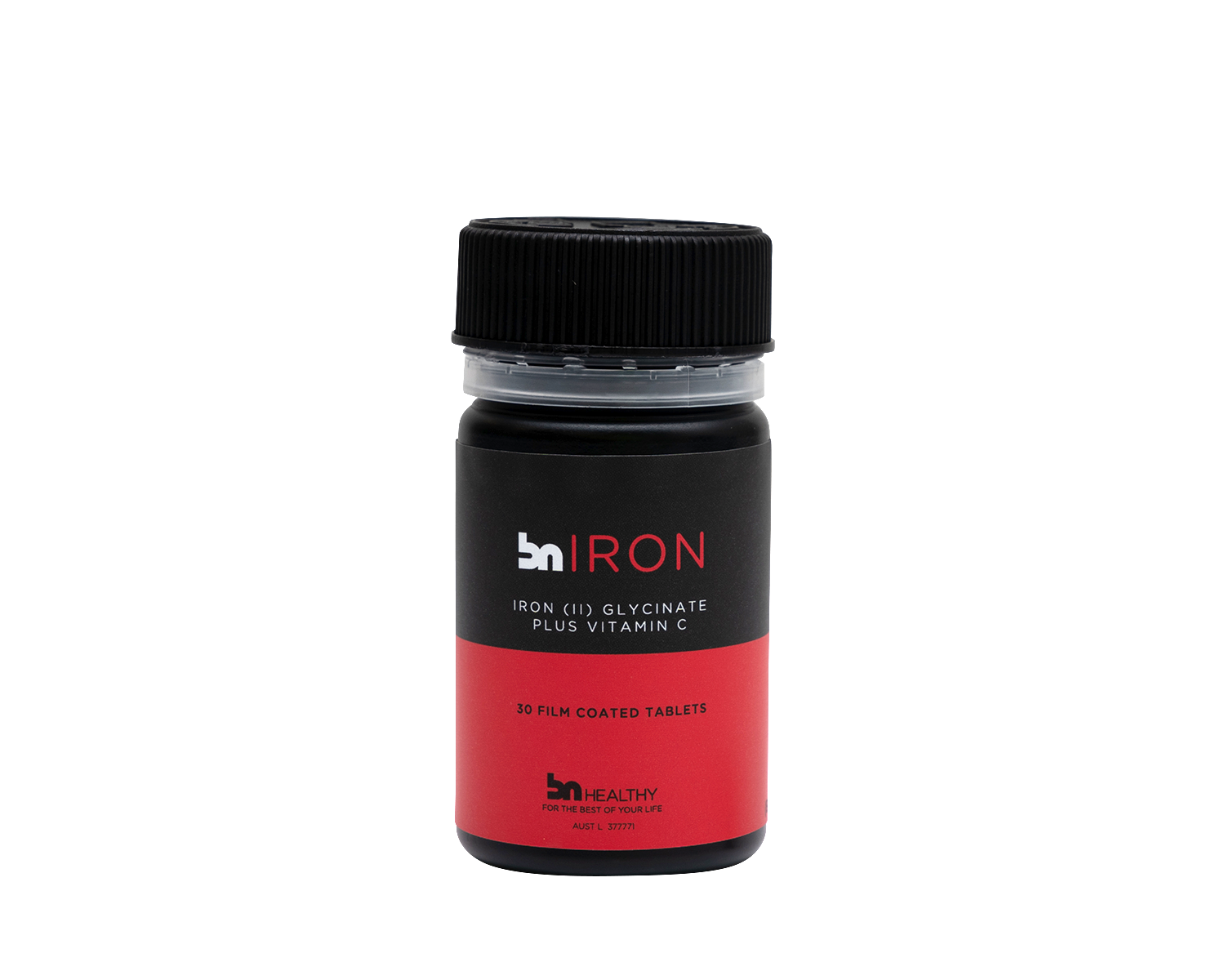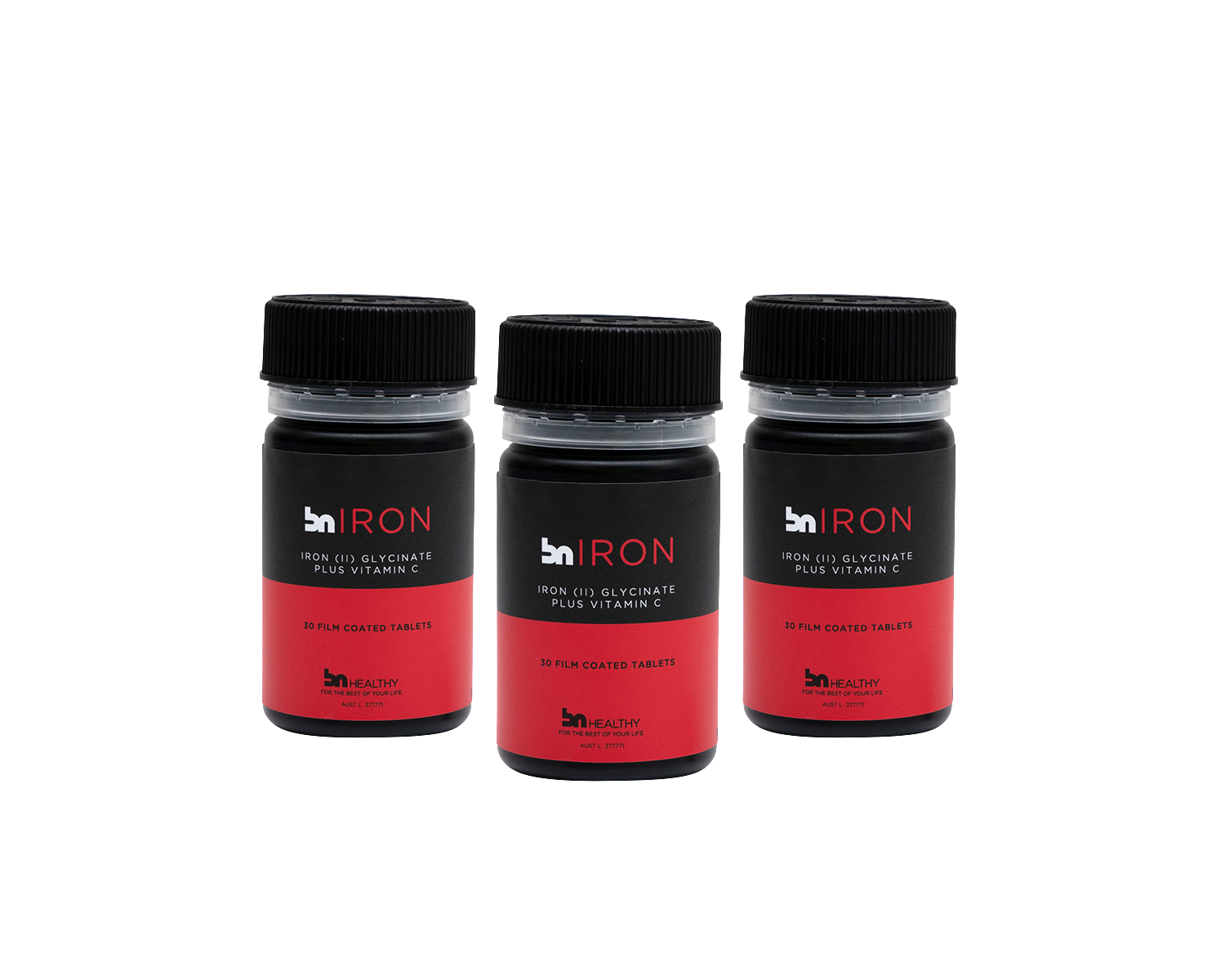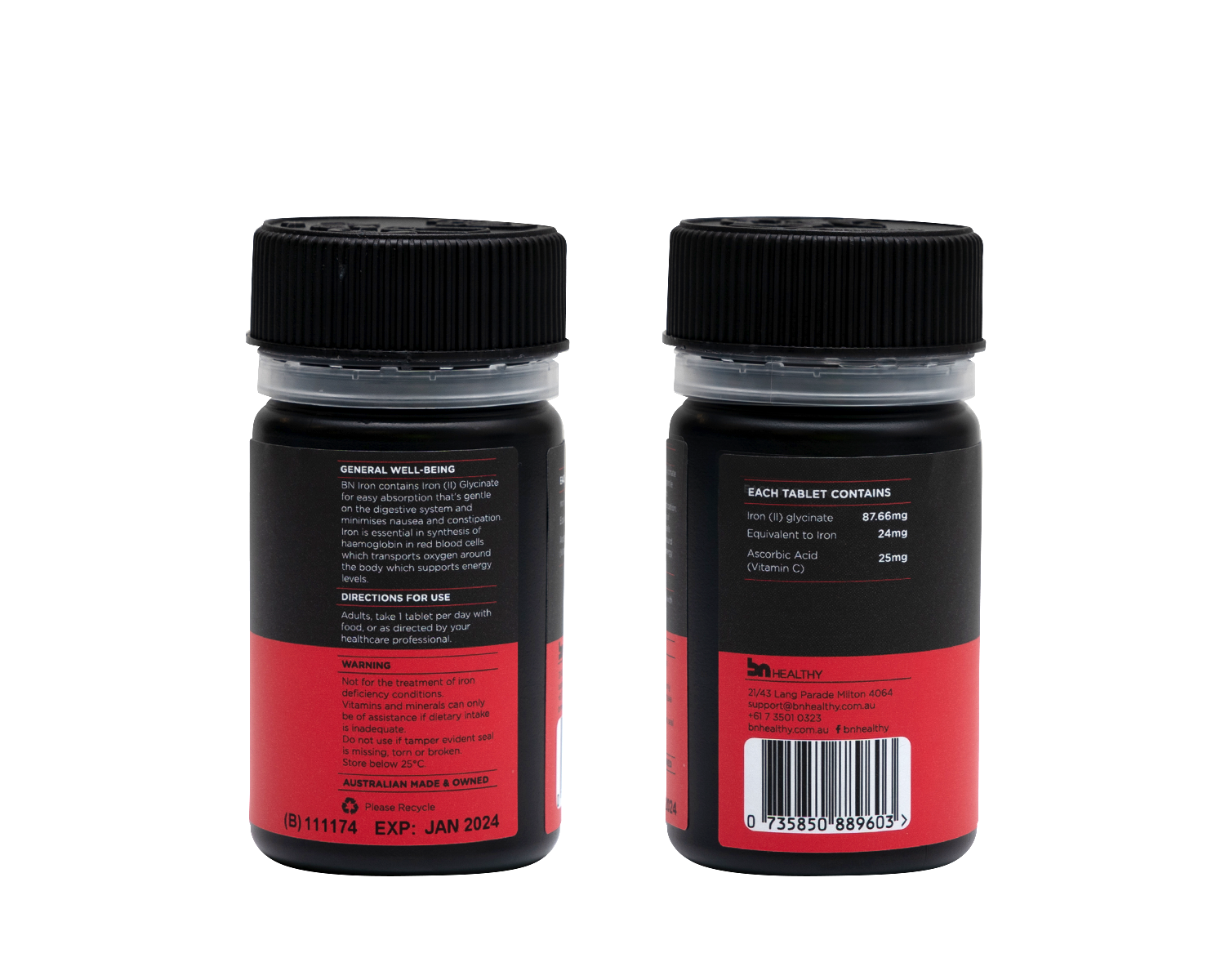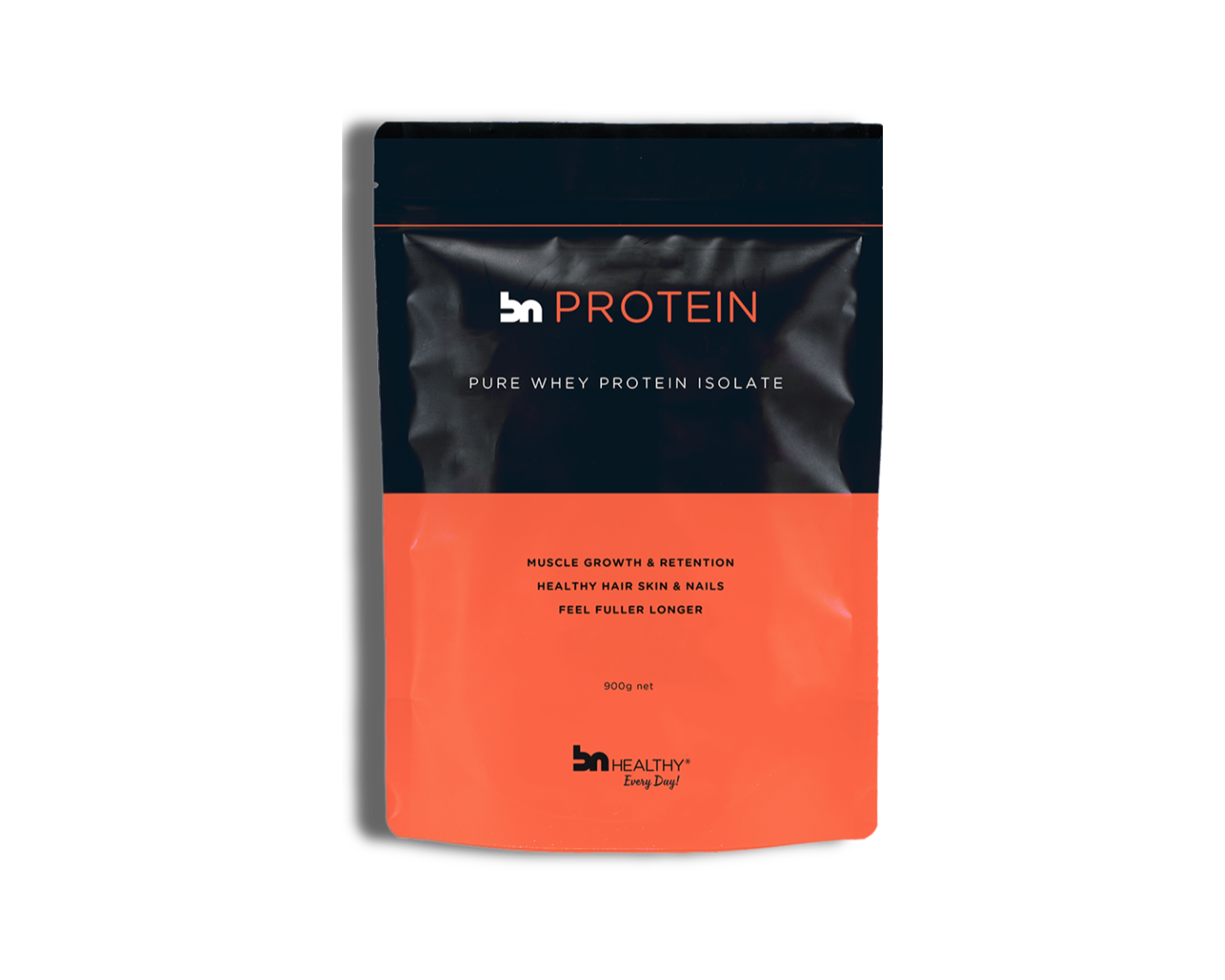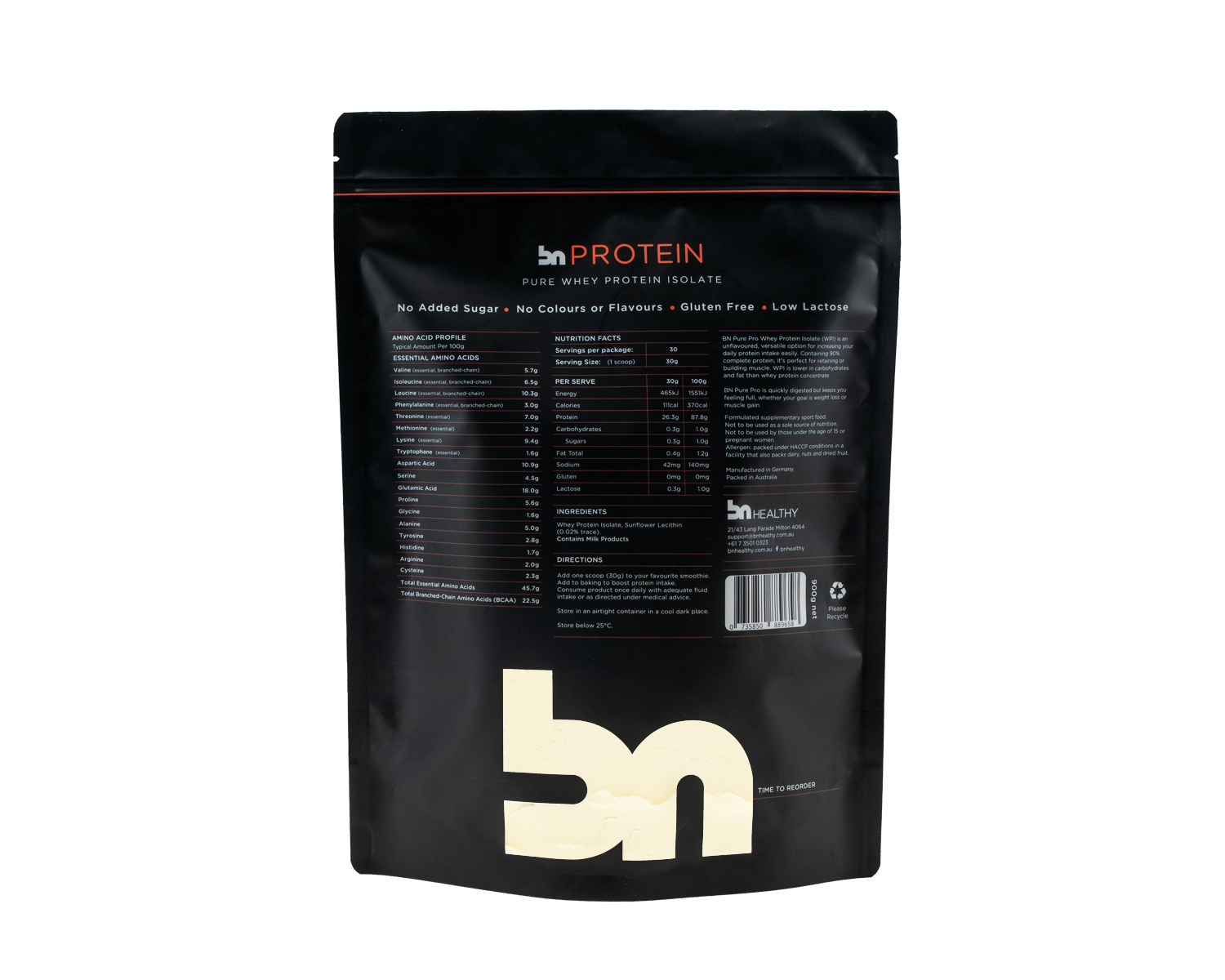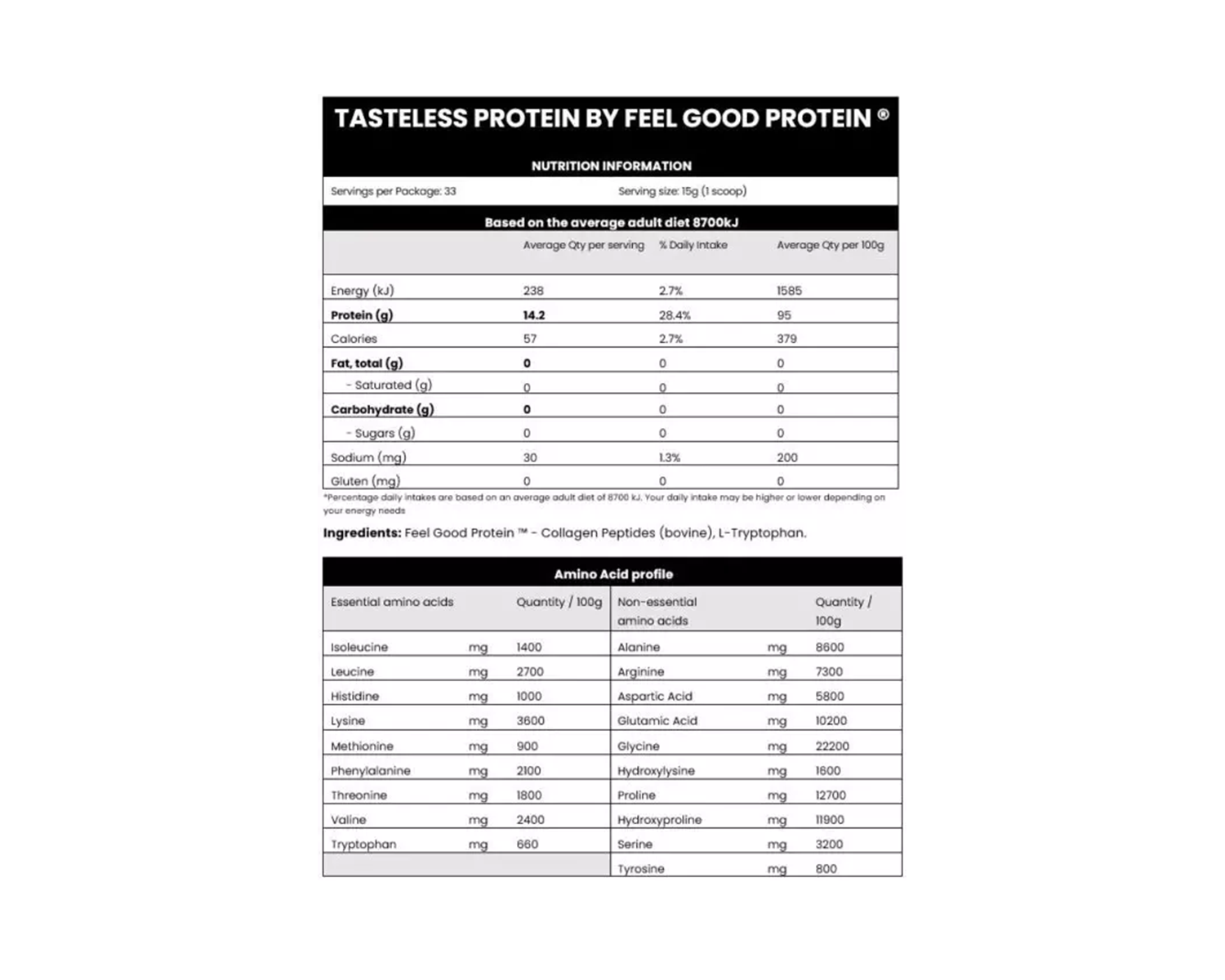Feb 2021
Jacqui Lewis - BHSc Nutritional and Dietetic Medicine
Why are multivitamins so important after surgery?

Supplements after surgery: Vital for long term health
Bariatric surgery, has a profound effect on many aspects of your life – including the way your body absorbs nutrients.
Many nutrients are unable to behave in the same way as they did prior to surgery. Supplementation with a specialty vitamins and minerals will protect you from long term deficiency, which will show up as poor health, and lower quality of life overall.
There are four key areas in which nutrient deficiency can show up.
Bone Density
Up to 90% of patients enter into their surgery deficient in vitamin D. Coupled with a greatly impaired ability to absorb calcium after surgery, as well as Vitamin D and K, all key nutrients for maintaining bone health. BN Cal is specific to WLS patients. Using citrate form, and a flexible dose, research suggests that calcium is best absorbed in smaller doses more frequently after surgery.
Post-menopausal women and those with family history of bone disease need to be monitored closely for life after surgery.
Nervous System and Brain Health
Signs to watch that indicate nutrient deficiency are: General weakness, fatigue, burning feet, itching, memory loss/brain fog. Deficiencies in B12, B1, D, E, Folate as well as copper can cause these post-surgery conditions, and they are all fully preventable with correct and specific supplementation with these nutrients. Long term B1 deficiency can bring about irreversible paralysis, and cognitive or brain function.
BN BN12
BN Iron
Blood and Immune System Health
ANAEMIA: Anaemia affects the production of healthy blood cells, having far reaching effects in the areas of cognition, energy production, immune function and overall feeling of being well.
After surgery, a lack of stomach acid impacts on the ability to absorb iron, B12 and folate from food.
These nutrients are key in healthy blood cell creation, energy production and healthy immune
system function.
The signs and symptoms of anaemia include: fatigue, dizziness, shortness of breath, and overall feeling down. Iron supplementation is recommended for all patients.
Protecting Lean Muscle Tissue
Whilst losing weight on the scales is the desired outcome of the surgery – the importance of body composition cannot be over-stressed. Rapid weight loss after surgery can lead to loss of lean tissue, which is needed to keep your body’s ability to burn calories at rest at a healthy level.
Lack of dietary protein and continual restricted calories leads to a starvation effect, where the body will begin to spare muscle tissue.
The Weight Loss Surgery Guidelines recommend a high protein diet for life after surgery. A good quality protein supplement is necessary to protect patients from loss of lean muscle tissue.
Protein is also vital for supporting:
Healthy liver function
Maintain mood
Promotes a feeling of fullness
Prevents fluctuating blood glucose levels and reduces craving.
BN Pure PRO
Tasteless Protein
BN MULTI CHEWABLE MULTIVITAMINS AND CAPSULES have been formulated with the needs of Bariatric Patients in mind and are closely based on the recommendations made in the Weight loss surgery guidelines, to ensure adequate coverage of all nutrients for use for life after surgery. BN Multi are formulated using only the highest quality ingredients to ensure optimal bioavailability and absorption.
All products in the BN Multi range off confidence that nutritional requirements are being met.
Jacqui Lewis
BHSc Nutritional and Dietetic Medicine



